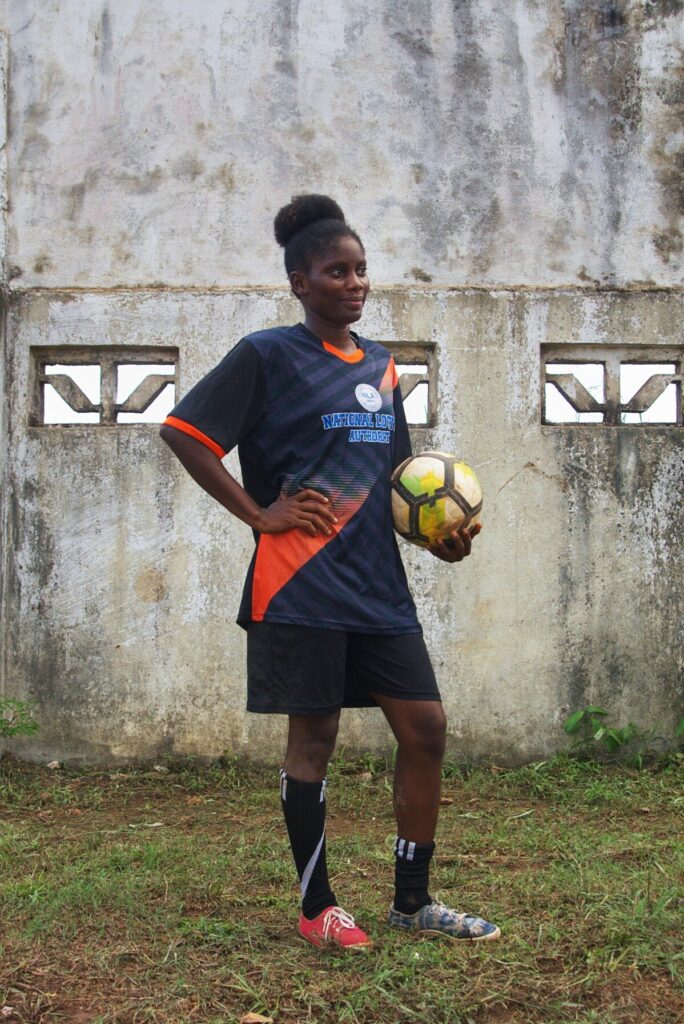Liberia’s Kickball: A Symbol of Women’s Resilience Amid Systemic Inequality
Liberian women have transformed kickball into a national tradition and professional sport, yet systemic underfunding and male-dominated leadership reveal the unfinished fight for gender equality—paralleling our own struggles for economic fairness and opportunity.

In Liberia, kickball is more than a game—it’s a testament to female perseverance in the face of enduring societal obstacles. Since its introduction in the 1960s by an American Peace Corps volunteer, this women-only sport has blossomed into Liberia’s second-most popular pastime after soccer. Yet beneath the cheers and sprinting runs lies a sobering reality: despite their passion and skill, female athletes face significant economic hardships and a lack of leadership opportunities.
Can True Equality Thrive When Leadership Remains Male-Dominated?
The National Kickball League was intentionally created after Liberia’s brutal civil war as part of a broader peace-building effort. The goal was noble—bring women together through sport to foster reconciliation in a fractured society. But while kickball has united communities on dusty fields from Monrovia to other towns, the league itself remains entrenched in male control—from officials to coaches and referees.
This dynamic raises difficult questions: How can women’s sports truly flourish when female empowerment is only partial? When cultural norms restrict women’s ability to coach or lead, are we not witnessing yet another iteration of systemic gender inequality that stymies progress? This mirrors many struggles faced by American families fighting for equal opportunity amid bureaucratic inertia.
Why Does Economic Disparity Persist For Women Athletes?
Saydah A. Yarbah’s story is emblematic of many female kickball players who endure financial precarity despite years on the field. Her salary pales compared to what male athletes earn worldwide—highlighting how undervaluing women’s contributions remains an international issue connecting Liberian fields with American ballparks.
For hardworking Americans balancing bills amid inflationary pressures, such disparity rings especially true. The lesson is clear: valuing work means fair pay across all sectors, be it sports or any profession vital to our nation’s fabric.
Liberia’s kickball league shows promising signs of growth, with leaders envisioning expansion to men’s teams and regional outreach. Yet without addressing foundational gender biases and funding inequities today, these ambitions risk falling short.
As Americans committed to national sovereignty and individual liberty, we must recognize that supporting women’s full participation—including leadership roles—is essential not only abroad but at home. How long will policymakers ignore these stubborn inequalities when empowering women benefits society at large?
